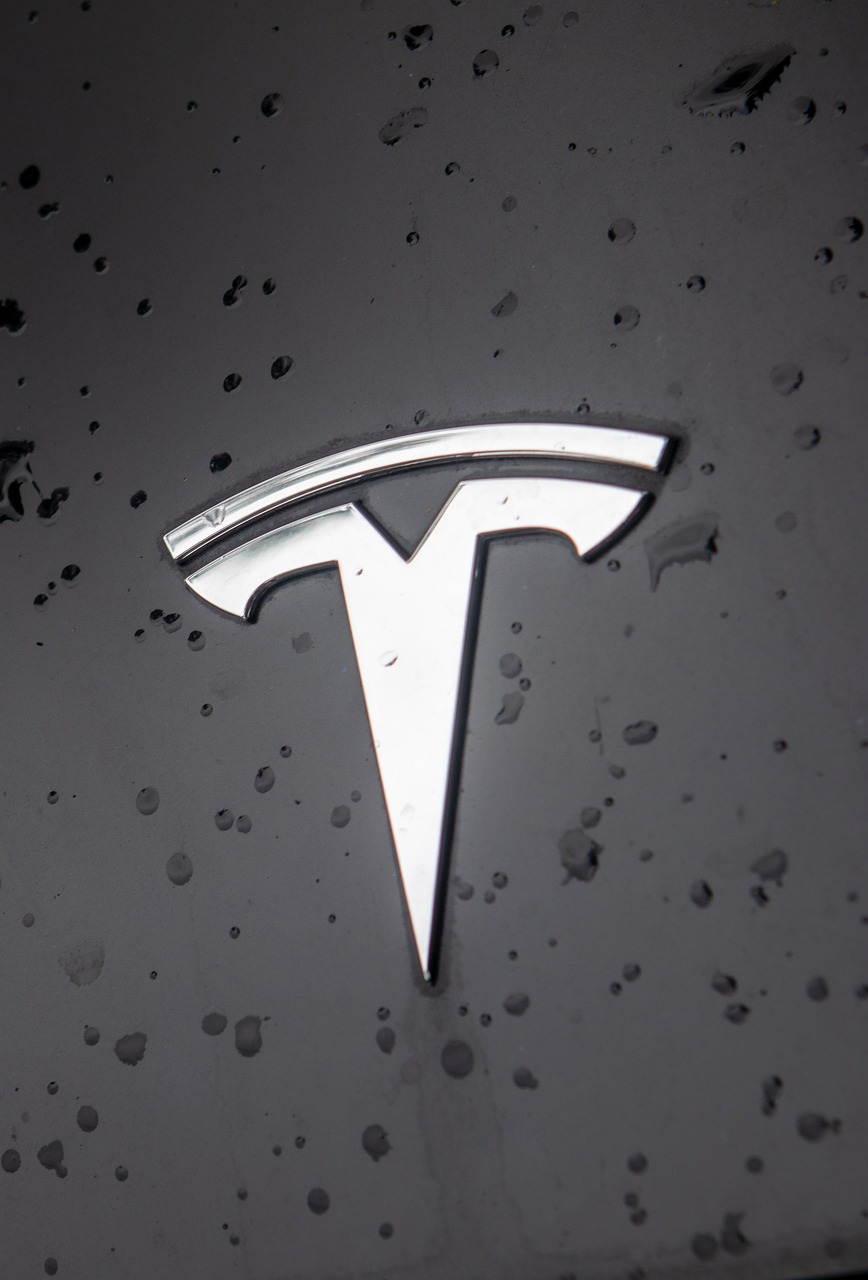Link copied
Dell, Apple Fall as Tariffs Threaten to Hit Hardware Hardest.
stock :: 2025-04-04 :: source - bloomberg
By Michael Shepard
 Apple logo in this illustration by Armandvalendez / Pexels
Apple logo in this illustration by Armandvalendez / Pexels
(Bloomberg) -- Shares of Dell Technologies Inc., Apple Inc., Sonos Inc. and HP Inc. plunged Thursday after President Donald Trump announced sweeping tariffs on imports from virtually every US trading partner, a move that threatens to increase costs, slow demand and strain global supply chains.
Most Read from Bloomberg
Levies unveiled by Trump on Wednesday strike hardest at some of the biggest centers of manufacturing for technology products used by consumers and businesses in the US, including smartphones, laptop computers and other electronics.
The global nature of the tariff rollout has undercut efforts by companies like Apple to shift production away from China — the top target of Trump’s first-term trade war — toward other Asia trading partners.
The US will now apply a minimum 10% tariff on all imports and slap additional duties on select trading partners deemed as the worst offenders by the administration. Taiwan faces a new 32% tariff, while South Korea will be hit with a 25% rate. China and Vietnam will also face new import levies of 34% and 46%, respectively.
Stocks tumbled as investors digested the fallout for major tech companies. Dell slid 19%, the worst day since it returned to the public markets in December 2018. Apple tumbled 9.2% and HP fell 15%, the biggest single-day plunge for both stocks since March 16, 2020, in the midst of the Covid-19 pandemic. Sonos fell 17%. Broader US equity indicators also slumped, with the S&P 500 Index dropping about 4.8% and the tech-heavy Nasdaq 100 off by more than 5%.
Trump’s announcement ended weeks of uncertainty across Wall Street about how far the president would go in his plans. Investor concerns that tariffs risked slowing economic growth and spurring inflation fueled the worst quarter for US equities since 2009.
The new levies will likely squeeze Apple’s margins, “given we don’t expect the company to hike prices to offset the effects,” Bloomberg Intelligence analysts Anurag Rana and Andrew Girard said in a note. If Apple does raise prices, it will do so at a time of shaky consumer sentiment, they said.
Apple and HP didn’t respond to requests for comment. Dell, meanwhile, said that it was “reviewing and assessing” the tariff impact. “Dell has a strong track record of leading through any environment with our globally resilient and agile supply chain,” a representative said in an email.
Sonos said that it is “closely monitoring developments related to the proposed tariffs and actively assessing potential implications for our business, customers, and supply chain.” It added that its “focus remains on delivering the best audio experiences for our customers.”
For Trump, tariffs are a centerpiece of his economic policy and a primary instrument to prod foreign companies to increase their investment in US manufacturing. In announcing the measures, he cited commitments by Taiwan Semiconductor Manufacturing Co. and SoftBank Group Corp. to spend hundreds of billions of dollars on new chip plants and AI data centers in the US.
“It’s an amazing company,” Trump said, referring to Taiwan-based TSMC, whose chief executive officer, CC Wei, appeared alongside the president last month at a White House event to herald plans to invest an additional $100 billion on US manufacturing. “They’re coming in from Taiwan, and they’re going to build one of the biggest plants in the world, maybe the biggest.”
The baseline import taxes will take effect after midnight Saturday, and the higher duties will kick in at 12:01 a.m. on April 9, according to senior administration officials who discussed details on the condition of anonymity.
The measures exempted most semiconductors, though the reprieve may be short-lived. The president has signaled that chip imports will be hit by sectorwide tariffs akin to those targeting autos and vehicle parts that took effect Thursday.
Some tech industry industry groups warned that the newest round of tariffs threatens to undermine US leadership in crucial strategic areas like artificial intelligence.
“Broadly applied and sustained tariffs create economic and employment uncertainty, strain US leadership and relations with key global allies, and invite retaliation from trading partners,” said Sean P. Murphy, executive vice president of policy at the Information Technology Industry Council trade association.
--With assistance from Dina Bass and Mark Gurman.
(Updates with closing share prices in the fifth paragraph.)
Most Read from Bloomberg Businessweek
This week top market trends.
Recent global market news
-

Tesla stock sinks as Europe sales tank on rival offerings, Musk blowback
2025-02-26 :: :: yahoo finance -

Gold or bitcoin? Here’s the case for adding both to your portfolio in 2025.
2025-02-03 :: :: marketwatch



